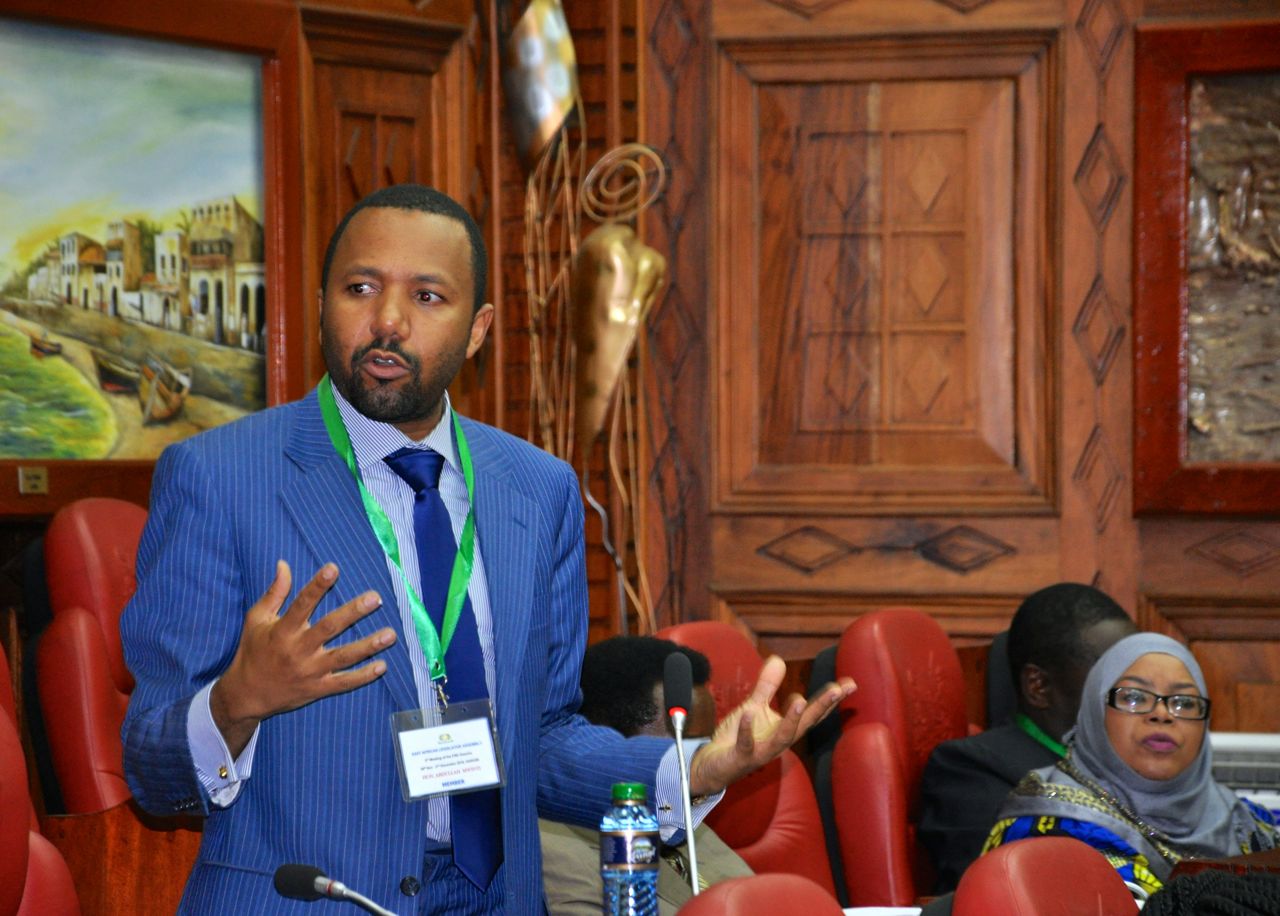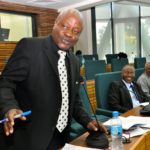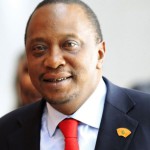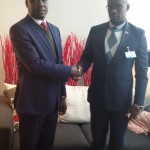The East African Legislative Assembly (EALA) has recommended that sensitisation and awareness on the integration process be institutionalized as a continuous activity on its agenda.
Outlining a raft of resolutions adopted by EALA late yesterday urged the Partner States to fully implement the Common Market Protocol which provides for free movement of people, capital and services among others, to allow citizens of East Africa to enjoy their rights.
The members were deliberating on the sensitization activities carried out by EALA between October 27 to November 7 this year.
The sensitisation, the third such series this year for EALA, targeted various stakeholders in outreach and was anchored on the theme: ‘EAC Integration Agenda: Accessing the gains’.
EALA also called for the need for the Partner States to eliminate Non-Tariff Barriers ‘which impact negatively on intra- Regional trade activities’.
The EALA members also said peace and security in the region should be prioritized, including the fast tracking of the implementation of the EAC Peace and Security Protocol, and the increased efforts with regard to the on-going peace negotiation in Burundi. Other areas include issuance of work permits to facilitate those who wish to work in EAC Partner States as well as addressing the issue of Certificates of Rules of Origin to facilitate cross border trade.
In a bid to foster integration, the Assembly is urging the Summit of Heads of State to upgrade Kiswahili to be one of the official languages of the Community.The sensitization programmes targeted Parliamentarians, youth groups, representatives of the business community and local government authorities. Other groups include Government officials, students and media in the respective Partner States.
In Rwanda, the EALA Chapter toured the Rwanda Standards Board to hold discussions with the stakeholders. Also visited were the Nemba One Stop Border Post on the Rwanda/Burundi border as well as a tour to the Rusumo One Stop Border Post bordering Rwanda and Tanzania and at Gatuna on the Rwanda/Uganda frontier.
The Uganda Chapter on its part, met with students at the Kyambogo University before meeting with representatives of the Chamber of Commerce. The Chapter also held talks with the Speaker of the Parliament of Uganda, Rt Hon Rebecca Alitwala Kadaga.
They later visited the Uganda Heart Institute which is an EAC Centre of Excellence and the Uganda Cancer Institute. The Chapter also visited the Kyambogo University, before holding Public Hearings on four Bills. The Bills are the EAC Gender Equality and Development Bill, 2016, EAC Prohibition of Female and Genital Mutilation Bill, 2016, the EAC Whistle Blower Protection Bill, 2016 and the EAC Retirement Benefits for Specified Heads of Organs Bill, 2016.
In Burundi, the EALA Chapter paid a courtesy call on the President of the Burundi National Assembly and the Minister for EAC Affairs before heading to Muyinga Province. There, the Chapter met with the Governor before proceeding to the Kobero One Stop Border Post. The Chapter also held talks with the Business communities living at the border, where discussions on the benefits of integration took centre stage. The EALA Burundi also held discussions in Ngozi Province with various stakeholders as well as public hearings on a number of bills.

The Chapter in the United Republic of Tanzania toured the Immigration Department in Dar es Salaam. They also paid a courtesy call on the Chama Cha Mapinduzi Secretary General and EALA Speaker Emeritus, Rt Hon Abdulrahman Kinana, as well as sensitisation of different stakeholders in the coastal areas of Dar, Tanga and the environs. The Chapter led by Hon Makongoro Nyerere, further visited the border post of HoroHoro, which neighbours that of Lunga-Lunga on the Kenyan side where they sensitised citizens who reside on both sides of the borders.
In Kenya, EALA visited Government authorities including courtesy calls on the Immigration department and its parent Ministry of Internal and Co-ordination of National Government. The Members similarly met with the Directorate of Immigration where key matters on the e-Passport and border management were discussed and at the Communications Authority of Kenya.
The report presented to the House also cites a number of challenges of the integration process. They include the overlapping of RECs Memberships by Partner States which continue to pose harmonisation and co-ordination challenges and lack of political commitment among Partner States. Weak institutions that lack the capacity to enforce sanctions against Partner States that fail to implement Protocols are also cited. Other challenges include Non-Tariff Barriers, poor infrastructure and energy shortages and corruption.








